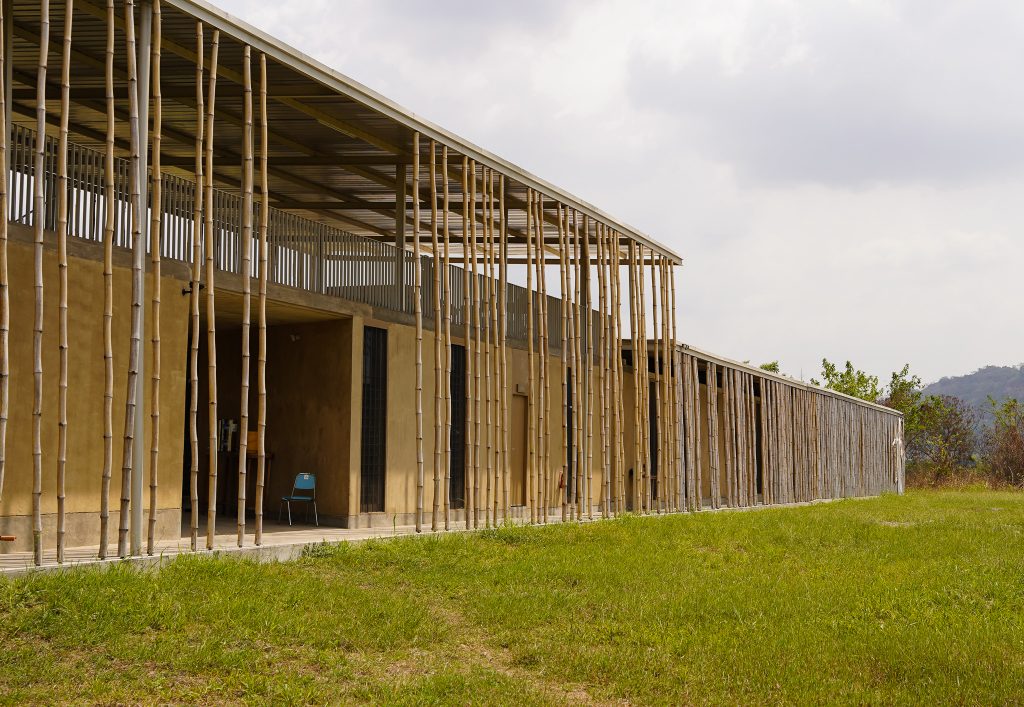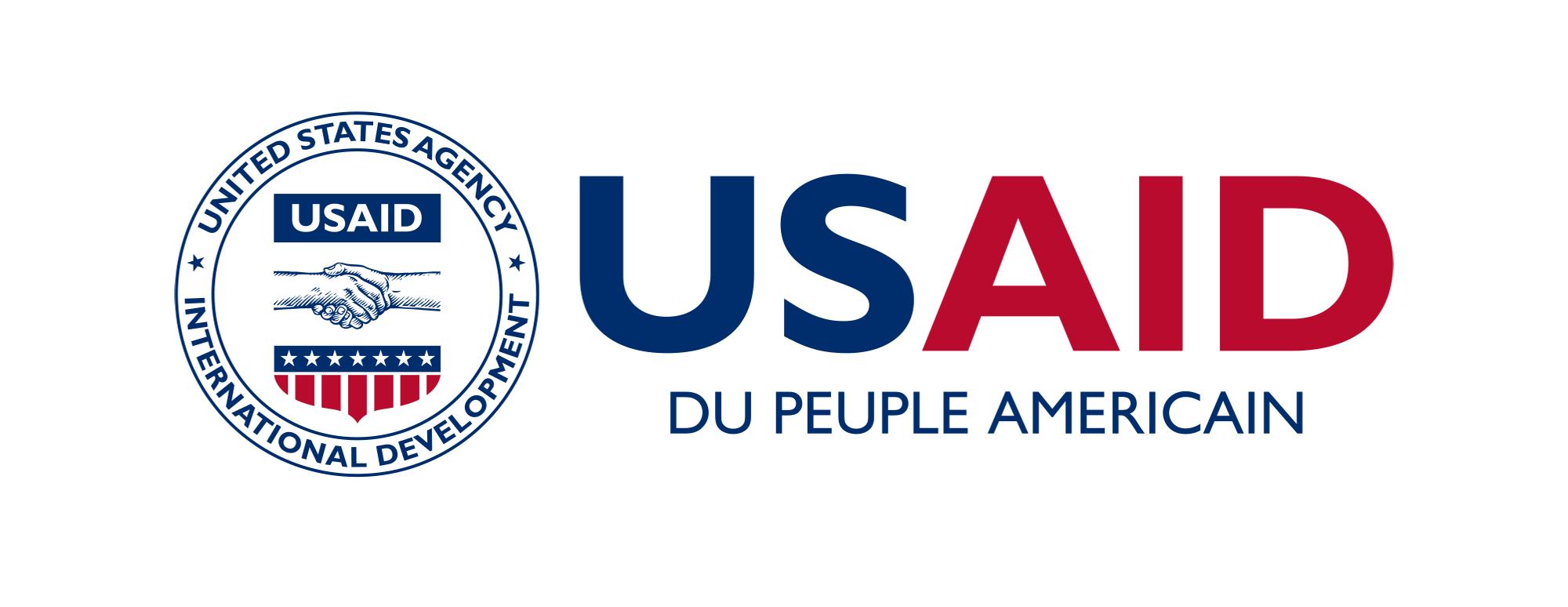Global Mamas is a social enterprise that was established to economically empower Ghanaian women by tapping into the expertise of artisans in dress and beadmaking, building a network of producers, and linking them to a larger [export] market. The company has been in operation for nearly 20 years and from its inception has worked within the framework of fair-trade principles. Globally, the fashion industry is infamous for its effects on the environment and the socio-economic impact it has on workers across the value chain – much of this negatively and disproportionately affecting women. Global Mamas seeks to provide an alternative model to the industry’s exploitative and extractive practices by implementing a three-pronged approach to sustainability.
At Global Mamas, sustainability means using organic, bio-degradable, or recyclable materials and employing a no-waste policy in production; using sustainable materials in building and integrating a circular approach to energy production; and providing a sustainable income for their producers.
Global Mamas began operating from their new proprietary Fair-Trade Zone (their production factory), the first of its kind in Ghana, in July 2022 with support from a co-investment grant of $497,112 from the USAID-funded West Africa Trade & Investment Hub (Trade Hub). Putting their approach to sustainability into practice, the Fair-Trade Zone (FTZ) was constructed with eco-friendly materials– bamboo and compressed earth blocks– using no paint nor plastic. They have projected plans to integrate sustainable systems such as rainwater harvesting, greywater recycling and treatment, and biogas and solar energy production. The FTZ is intended to be fully circular in its operations, with all waste materials transformed into energy sources or raw materials for one of Global Mamas’ new expanded production lines. In the future, Global Mamas intends to open the FTZ to the public, hosting beadmaking and batik-dyeing workshops while allowing people to experience their approach to ethical production.

Photo Credit: Trade Hub
“It’s important for people to be able to see that production can be done this way,” explained Mallory Savisaar, Project Manager at Global Mamas.
To produce their fashion lines, Global Mamas sources organic calico cotton from a Global Organic Textile Standard (GOTS) certified milling factory in India, re-uses upcycled flour sacks as lining for packaging, and uses recycled glass in beadmaking. The company’s signature batik fabric is dyed and printed in-house, and all wastewater produced in this process is treated with moringa powder, an organic water purifying agent, before disposal. Moreover, no scrap materials are wasted at Global Mamas as they are all upcycled in another department. For instance, Global Mamas’ line of notebooks uses water hyacinth paper produced from leftover dried water hyacinth, covered with scrap textile from the sewing department, and adorned with scrap beads from the beadmaking department. This distinctive model ensures that Global Mamas can keep to minimal waste disposal and as such minimize negative environmental impact, while also adding to the financial stability of the organization since every product is used to its full potential. While these practices mean that Global Mamas incurs a higher cost of production, the company believes it’s worth it.
“Using only organic materials means higher production costs but this [type of production] aligns with our values. And our primary goal has always been to provide economic opportunities for women, not to create higher profits,” stated Savisaar.
The company’s most recent innovation, transforming the invasive water hyacinth plant abundant in the Volta River near the FTZ in Akuse, Ghana, exemplifies its commitment to protecting the natural environment. Water hyacinth is an aggressive aquatic weed, doubling in number and mass in less than two weeks. The weed chokes waterways and negatively impacts aquaculture activities, water transportation, and even power generation from the Volta River of Ghana. Global Mamas invested time and resources into understanding the ecology of the water hyacinth populations in the waterways in Akuse. Through this, they learned that removing the weed would have no adverse effects on the environment. With support from the Trade Hub, Global Mamas then established a system for harvesting the water hyacinth and transforming it into a range of woven goods and water hyacinth paper which they use for packaging, books, gift bags, and more. Through their water hyacinth program named “Fibers of Change”, Global Mamas employs a network of majority female water hyacinth harvesters, weavers, and water hyacinth paper producers. The initiative has provided an alternative income source for Akuse locals who were impacted by the effects of the weed, while also protecting aquatic life.

Photo Credit: Trade Hub
Working in collaboration with the Trade Hub, Global Mamas is providing an archetype for production that maintains a commitment to protecting the environment and building resilience to climate change. Global Mamas approaches manufacturing through a lens of circularity and zero-waste, thus modeling manufacturing that is productive, profitable, and planet-friendly.

